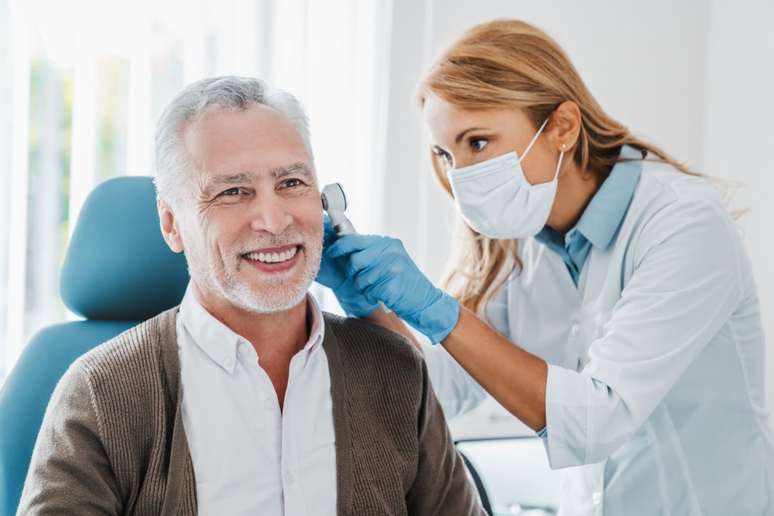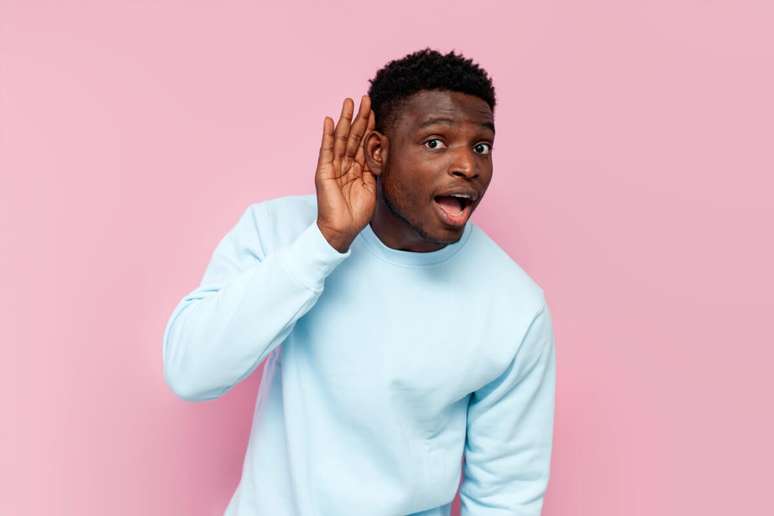Certain treatments are essential for maintaining lifelong hearing health
October 11th is the National Day for the Prevention and Combating of Deafness, a date that reinforces the importance of protecting hearing health. The aim of the campaign is to alert the population that some common daily habits, which seem harmless, can cause progressive hearing damage over time.
According to the World Health Organization (WHO), more than 1.5 billion people, nearly 20% of the world’s population, live with some degree of hearing loss, of which 430 million have a disabling disability. It is estimated that, by 2050, more than 700 million people will be living with severe hearing loss.
In Brazil, a survey by the Faculty of Medical Sciences (FCM) of Unicamp found that, in the Metropolitan Region of Campinas (RMC), approximately 124 thousand people have hearing impairmentequal to 4.43% of the population.
Habits that cause hearing damage
According to Henrique Gobbo, otolaryngologist at the Vera Cruz Hospital, in Campinas (SP), hearing loss caused by noise is irreversible. “Prolonged exposure to intense sounds can cause permanent damage to hearing cells. Another harmful habit is incorrect use of cotton swabs or objects to clean the ears, which can damage the canal and push the wax inside. Smoking, excessive alcohol consumption and the use of certain medications without medical advice also have long-term effects on hearing,” he explains.
The doctor reiterates that the headset can be used, but in moderation. The risk lies in the volume and exposure time, making it difficult for the user to notice when the sound is excessive. “The recommendation is to follow the 60-60 rule: volume up to 60% of maximum capacity, for a maximum of 60 minutes in a row, taking breaks. Models that isolate ambient sound are safer, as they reduce the need to increase the volume. Bone conduction headphones, on the other hand, present a greater risk, as they bypass the natural protection mechanisms against loud sounds”, he specifies.

Hearing care at every stage of life
Henrique Gobbo recommends carrying out audiometry at least once in adulthood and periodically repeating the test in people with risk factors, such as exposure to noise or family history. Babies, in turn, should undergo ear testing at birth and routine evaluations. Older people need early diagnosis and ongoing monitoring, as untreated hearing loss can lead to social isolation and accelerate cognitive decline.
“Take care of your hearing It’s about taking care of the quality of your life. Hearing is essential for communication, learning and quality of life. Preserving it also means taking care of mental health and social relationships. Early diagnosis makes the difference”, he underlines.
Signs that require medical evaluation
It is crucial to pay attention to some warning signs that require immediate medical evaluation, as they may indicate hearing problems. List Henrique Gobbo
- Constant ringing in the ears (whistling or hissing);
- Difficulty understanding conversations, especially after age 40;
- Frequent habit of listening to loud music;
- Sensation of blocked ears;
- Sudden hearing loss.
“When you notice any of these signs, it is essential to consult an otolaryngologist or undergo an evaluation with a speech pathologist,” he concludes.
By Aline Telles
Source: Terra
Rose James is a Gossipify movie and series reviewer known for her in-depth analysis and unique perspective on the latest releases. With a background in film studies, she provides engaging and informative reviews, and keeps readers up to date with industry trends and emerging talents.





![Everything starts here in advance: the origin of hell begins for Carla … something that awaits you from 13 to October 17, 2025 [SPOILERS] Everything starts here in advance: the origin of hell begins for Carla … something that awaits you from 13 to October 17, 2025 [SPOILERS]](https://fr.web.img4.acsta.net/img/ab/b5/abb5eba4e093674a788d44f3c2c407ab.jpg)
